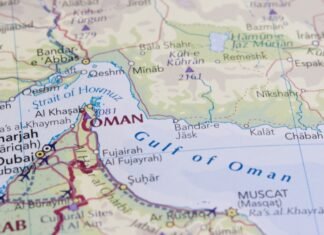Starting from November 1, Romanians will experience an increase in prices for both electric and thermal energy, as stated in an analysis by the Association for Intelligent Energy. This price surge is attributed to an uptick in the contribution for high-efficiency cogeneration, a tax that was introduced back in 2011. Dumitru Chisăliță, the association’s president, emphasized that while the price increase may not significantly impact the economy, it raises equity concerns. This is particularly relevant because consumers in disadvantaged areas are effectively subsidizing thermal energy for residents in urban locations with higher salaries.
The cogeneration tax, levied on every kilowatt-hour consumed, is designed to fund producers who generate electrical and thermal energy simultaneously. Though initially conceived to support the development of modern power plants, the collected funds have predominantly been used to subsidize heating systems in several large cities. Come November 1, 2025, this cogeneration tax is set to rise by 62%, reaching 0.0136 lei per kilowatt-hour.
Additionally, from the same date, a reduced VAT of 11% will be implemented for thermal energy provided to the population, a measure that will remain in effect until March 2026. In Bucharest, the thermal energy prices will vary, with estimates for the costs during the winter of 2025/2026 indicating significant increases depending on the type of housing.
These changes reflect broader trends in Romania’s energy market, where the intersection of policy and market dynamics profoundly impacts consumers. The introduction of a higher cogeneration tax underscores the ongoing challenges in financing energy production while balancing the needs of different consumer groups. While the intent of this tax is to promote the adoption of modern energy production techniques and ensure a reliable supply, the practical implications raise important questions about fairness and accessibility.
For many households, especially those in economically challenged regions, rising utility costs can strain budgets further, leading to difficult choices about heating and cooling during harsh weather conditions. The disparity in how the tax impacts different demographics illustrates a complex issue often encountered in energy policy: the need to transition to sustainable practices while safeguarding the interests of all citizens.
As the 2025 deadline approaches, stakeholders from various sectors—including policymakers, energy producers, and consumer advocacy groups—will need to engage in dialogue. The goal should be to ensure that energy policies are not only economically viable but also equitable and inclusive. Solutions could include targeted assistance programs for low-income households, more transparent mechanisms for how tax revenues are utilized, and investment in alternative energy sources.
In summary, the impending price increases for energy in Romania serve as a pivotal reminder of the intricate balance between energy production, economic sustainability, and social equity. As consumers brace for these changes, it becomes clear that the dialogue surrounding energy policies should prioritize fairness and practicality, addressing the needs of all Romanians—regardless of their economic standing.






